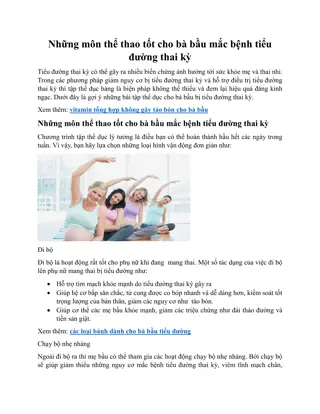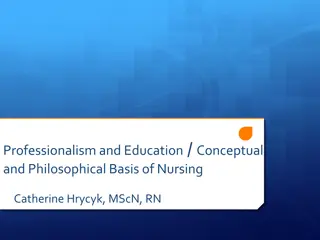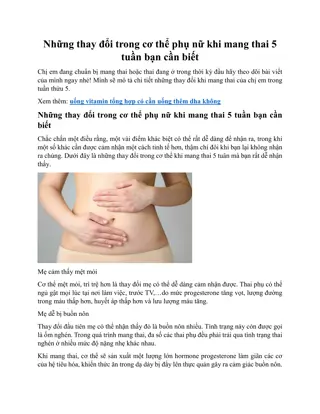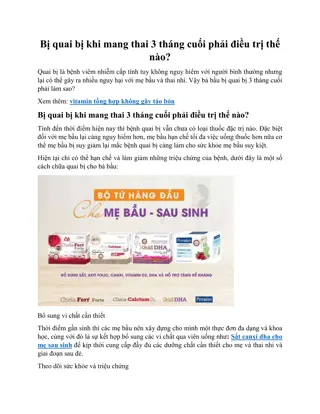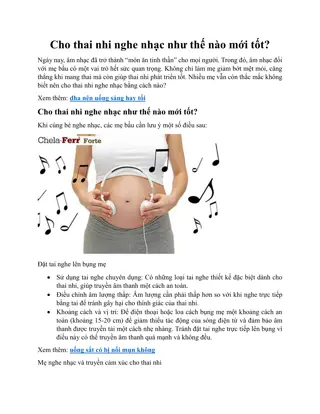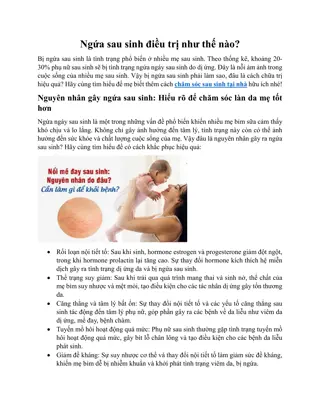
Menopause Transition: Understanding the Impact and Challenges
Explore the neglected issue of menopause transition in the Higher Education setting, its impact on women, trans, and non-binary individuals, and the diverse symptoms affecting physical, emotional, and cognitive health. Learn about legislative protection in England and the need for equality, diversity, and inclusivity in addressing this crucial area.
Download Presentation

Please find below an Image/Link to download the presentation.
The content on the website is provided AS IS for your information and personal use only. It may not be sold, licensed, or shared on other websites without obtaining consent from the author. If you encounter any issues during the download, it is possible that the publisher has removed the file from their server.
You are allowed to download the files provided on this website for personal or commercial use, subject to the condition that they are used lawfully. All files are the property of their respective owners.
The content on the website is provided AS IS for your information and personal use only. It may not be sold, licensed, or shared on other websites without obtaining consent from the author.
E N D
Presentation Transcript
Change required to address The Change Dr Catherine Pestano SFHEA: Visiting Fellow at the Open University catherine.pestano@open.ac.uk 1
A Forgotten EDI area? A Forgotten EDI area? While equalities and diversity issues are rightfully foregrounded in universities, one still neglected area with high intersectionality (Crenshaw 1989) is that of the menopause transition. Within the HEI context this impacts many women, trans and non-binary people directly, plus many more indirectly through family relationships. 2
England England - - legislative protection legislative protection It relates to multiple intersecting protected characteristics, with English case law established across three of these: Disability, age, gender. Both Direct and Indirect discrimination need to be considered. Medical racism further compounds wider challenges for students and staff. 3
What is the Menopause transition? What is the Menopause transition? 1 1 These affect many at the midlife transition, both directly and indirectly. Who is impacted? those who identify as women or possibly non- binary, and also those who identify as men. Those in close and also work relationships. Changes to the sex hormones in the body can also be brought on early through surgery or a condition. If this is not present, those born with ovaries and womb can experience a significant substantial series of changes from 30s (more typically 40s) onwards which give rise to a large range of menopause symptoms, affecting every aspect of living. 4
What is the Menopause transition? What is the Menopause transition? 2 2 For some it passes quickly and without much impact. It may even improve some conditions. Many will need hormonal replacement help. Some will be able to manage through lifestyle shifts including diet. These elements will support everyone s wellbeing and health through this long transition. How long? Possibly 2 year, many experience up to 15 years and some experience till the end 5
Many diverse symptoms Many diverse symptoms Physical exhaustion, genito-urinary & atrophy, joint pain, excessive bleeding, palpitations, bone loss, dry eye, tinnitus, burning tongue, restless legs Emotional anxiety, depression, flatlining, anger, mood flux, tears, rage, irrational fear, fluctuating mood Cognitive/Psychological brain fog, sleeplessness, sensory overload, hard to concentrate Relational family, work, sexual responsiveness/libido loss 6
Manageable/Treatable Manageable/Treatable Over 45 - diagnosis by symptoms only (NICE guidance). Lifestyle changes to reduce stress and renegotiate social roles, along with medical interventions. Systemic and localised HRT as a first response along with T4 thyroid testing and testosterone 7
How can Higher Educational How can Higher Educational Institutions help? Institutions help? Students are subject to multiple pressures including societal oppressions and disadvantages. HEIs can ensure that they don t further intensify difficulties for students wanting to study. Some of the changes need to consider in order to transition to become more inclusive contexts for students in this vital respect: Rules relating to extensions for students assessed work Student policies relating to health support Assignment banking, study leave and flexible study pathways help A compassionate approach, acknowledging intersectional and multiple impacts of other life experiences such as caring, plus racism or other structural oppressions due to poverty, class. 8
Course Content Course Content Course content for vocational courses can be updated & enriched by incorporating this area, for example in subject areas such as: Youth work/ social work Nursing HR & Management Counselling/Psychology 9
Staff Staff don t lose your assets! don t lose your assets! Many women report feeling they must leave work. The cost to the economy is huge (Brewis 2017). So consider: Supportive space Staff policies for wellbeing and competence, disciplinary & grievance Flexible and part-time working Access to fresh air, fans, temperature control or quiet location, suitable uniforms Temporary secondment/longer leave Whole system, all levels 10
Questions & thoughts.. Questions & thoughts .. What is of interest here for you? What is the first step you could take to improving things in your institution? Just holding an information session on World menopause awareness day would be a great start. [Tip - Use the term Menopause to help destigmatise]. 11
Resources: Midlife changes Resources: Midlife changes Intersectionality reference, please cite Prof Kimberl Crenshaw (1989): https://chicagounbound.uchicago.edu/cgi/viewcontent.cgi?article=1052&context=uclf International menopause awareness day 18th Oct, use the following resources to raise awareness: https://www.imsociety.org/education/world-menopause-day/ NICE guidance on the menopause https://www.nice.org.uk/guidance/NG23 Pausivity free poster campaign and resources https://www.pausitivity.co.uk/ Dr Louise Newson Free CPD for GP surgeries https://www.menopausedoctor.co.uk/ Activism and magazine https://www.menopausematters.co.uk/ UK Case law on Henpicked menopause hub https://henpicked.net/menopause-hub/ British Menopause Society https://thebms.org.uk/ Good reference: Brewis (2017) https://www.gov.uk/government/publications/menopause-transition-effects-on- womens-economic-participation 12







